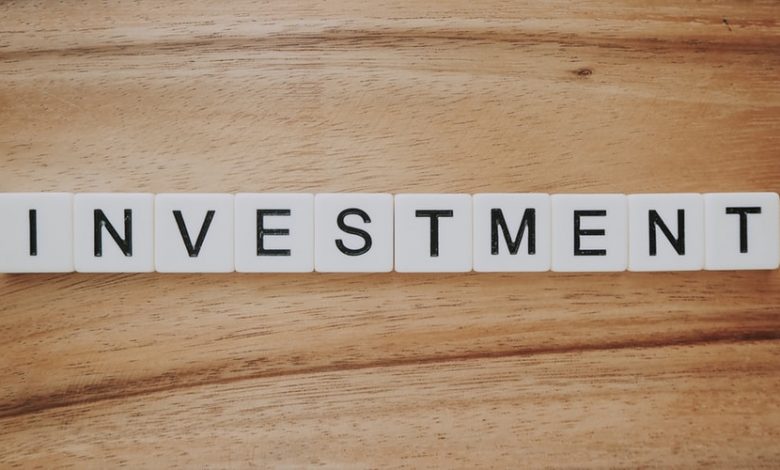Consequences of Making Poor Investment Decisions

A good investment can bring great benefits in the same way a poor investment decision can sound the death knell for your finances. Financial advisors exist to assist investors in making any number of investment choices. Investing your money at the stock market can yield positive results when you work on sound financial advice from a good planner, even if that planner is you.
When you buy rash advice from a financial planner, your investments are liable to face challenges. Some of these difficulties may jeopardize your investment goals in the short or long term. Of course, there are no magic formulas per se, and financial advisors may get it wrong from time to time. When they do so, however, the consequences of a poor investment decision on you, the investor, can be devastating.
Investors can choose to invest by themselves, or they can involve investment planners to suggest a creative investment plan. Whatever the source, every prudent investor needs to examine the pros and cons of an investment decision before implementing it. Make sure you are getting the best investment tips decade to decade to avoid these consequences of a wrong plan:
- Not meeting goals or targets: Investors suffer setbacks when an investment does not perform as intended. Good financial plans have a focus and a goal. Failure to achieve your financial goals owing to wrong decisions can affect your personal and corporate finances. An abortion of objectives may also erode confidence in one’s ability or the expertise of a financial planner.
- Loss of funds: A poor investment decision almost always means that some or all monies allocated to the investment have been lost. The primary aim of the investment is, after all, to make money, and it follows that failure automatically can mean either loss of profits or even the capital itself.
- Debt: You may find yourself in debt purely on account of a deal gone bad. The specter of debt is almost always a possibility in any serious business endeavor. However, you can do a lot to avoid the boogeyman by looking well before you leap financially.
- Liquidation or Bankruptcy: Your business can face liquidation, or you personally may face bankruptcy with poor investment decisions. No business or person ever wants to hear those two words in relation to them. However, it is a real and very possible outcome of investing unwisely.
- Broken trust: It’s a mess when things go south on an investment. If you have convinced partners, family, and friends to bank on you, the after-effects of failure in investing may include feelings of acrimony or betrayed trust.
- Lawsuits: Yep, don’t be surprised if you find yourself on the wrong end of a judge’s gavel following a poor investment decision. Breach of trust or contract can be inferred from any number of circumstances or clauses inherent in the initial agreement you had with any partners.
Easy Steps You Should Take to Avoid Making Poor Investment Decisions

Making an investment decision may be difficult when the investor fails to acquire expert knowledge of the investment landscape. Investors can build and manage a better investment portfolio if they combine their ideas with that of the financial planner. Financial advisors should be able to include some of the following investment methodologies in their approach:
- Cultivate patience: Whenever you rush into a project without careful consideration of the risks involved, you will surely rush out as well. To secure a workable investment plan, you need to embrace the slow and steady method. The slogan “slow and steady” may not be very common in our society, but it is one that investors should live by. Patience is the bedrock of any successful business. An investment decision can be executed successfully with patience and endurance.
- Take good risks: Every investor is supposed to be a good risk-taker and should invest in a sector of the economy that is growing. A financial planner will analyze the market and predict the future of the new stock, product, service, or market before encouraging an investor to invest.
- Monitor the market: Some sectors do better depending on the season. Investing in this type of sector or product will require proper timing. For instance, during Christmas, Christmas themed services or products sell faster than in ordinary times. An investor that invested during the Christmas season will make a killing when compared with an investor than invested during a lull period. The latter would be a poor investment decision.
- Knowledge of investment: A successful philanthropist and investor Warren Buffet once said: “Never invest in business sectors that you don’t understand.” Every business idea has a unique approach. A good investor is supposed to study a particular business before concluding on whether to invest or not. Hence, learn to avoid a business that is foreign to you
- Don’t put emotions first: Investors should never put emotions first while executing their investment plan. Emotions can ruin any business and kill investment ambitions.
Shun Every Bad Investment Idea From Financial Planners

Every human being is unique. Financial planners make their contributions sequel to their views about your investment plan. Investors that follow their investment advisor’s guidelines are more likely to succeed. However, you may encounter a financial planner with a hidden agenda. Be careful when your planner does the following:
- Encourages clients to take larger investment options: Greedy financial advisors conceal cheaper investment options from their clients. Be careful when your planner seems to be always about “the big one.” That is not to say there are not safe big investments, just be sure to do your homework going in.
- Emphasis on the client’s wants: Investment advisors that want to extract excess revenue from their clients usually ignore the basic needs of their clients. They will lay more emphasis on the client’s wants. Investors that avoid the slow and steady method will quickly embrace this option. Securitization makes calculating investors able to secure investments and differentiate their investment needs from wants.
- A poorly constructed portfolio: This is a red flag. Advisors with a portfolio that seems ill-thought-out may be presenting higher risks.
- Self-confidence: Generally, investment planners always update their knowledge about the current market situation. This technique will build their confidence over time and show when they’re attending to clients. When your financial planner is not so confident about the outcome, it may be the time to pause and ask questions.



